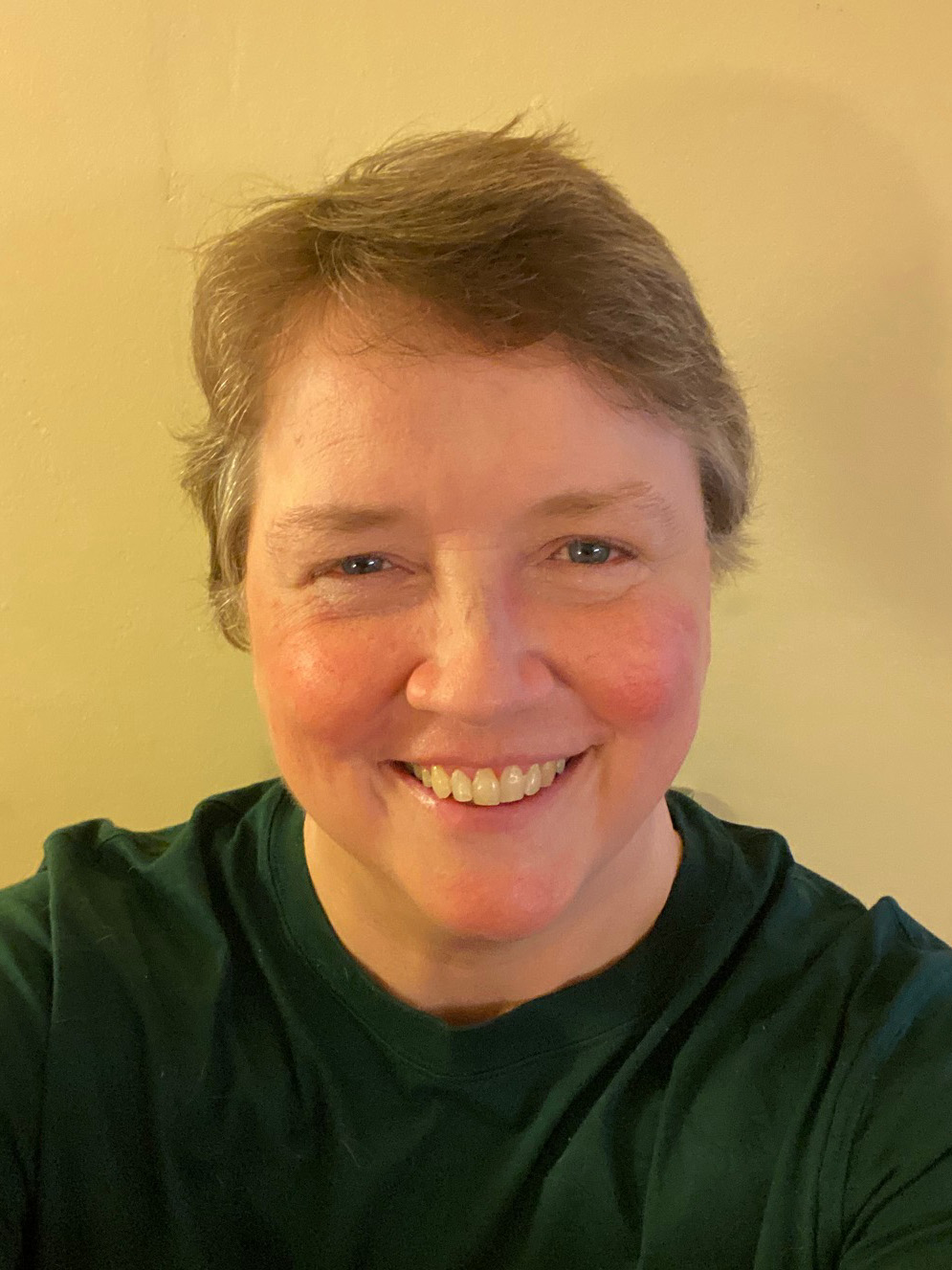Ph.D., C.Psych.
Counselling Psychologist
Registered Psychologist, Ontario. Certificate #4269
| What are you like as a therapist? |
I am a very straightforward counsellor--I'll always tell you why I'm asking about or suggesting something. I believe in "demystifying" therapy, meaning I believe the more you understand about why we're doing something, the more likely it is that it will be helpful to you. I also believe in "working myself out of a job" by teaching you skills that you can later use on your own, without the help of a therapist. One thing I'm not is passive: I'm not going to just sit there and say "uh-huh" and "how do you feel about that?" I will certainly listen, and I will ask you how you feel (among many other things), but I think there's a lot more to good therapy than just listening. When I have an idea I think might help, I'll say so. I am very "real" when talking with clients--I'm quite open about my own life, and when I think an example of my own struggle or insight might be helpful, I'll share that--not because I think my answers are necessarily yours, but because I believe that counselling is a real encounter between two real people (not a distant, formal expert "treating" a "patient"). I also bring my sense of humour into the sessions. My partner and I often joke that we choose to live in a sitcom: lousy things happen to us regardless, but seeing the humour in things allows us to live in a comedy rather than a drama. I hope my bringing humour into the session may invite you to make a similar choice, or at least provide a momentary respite from the seriousness of the concerns we're dealing with. A quick note about recovering from childhood trauma: My approach to childhood trauma is to only delve into it to the extent necessary. Stirring up a lot of feelings that were safely repressed can actually sometimes do more harm than good. So I tend to focus more on current symptoms or problems (e.g., issues of trust, depression, anxiety, self-esteem, etc.) rather than delving much into memories of the trauma itself. We would certainly talk some about your childhood, because understanding where the current symptoms came from is important, and can make you feel less crazy! But I generally find working with present problems is both more productive and less painful than digging up a lot of pain from the past.
|
